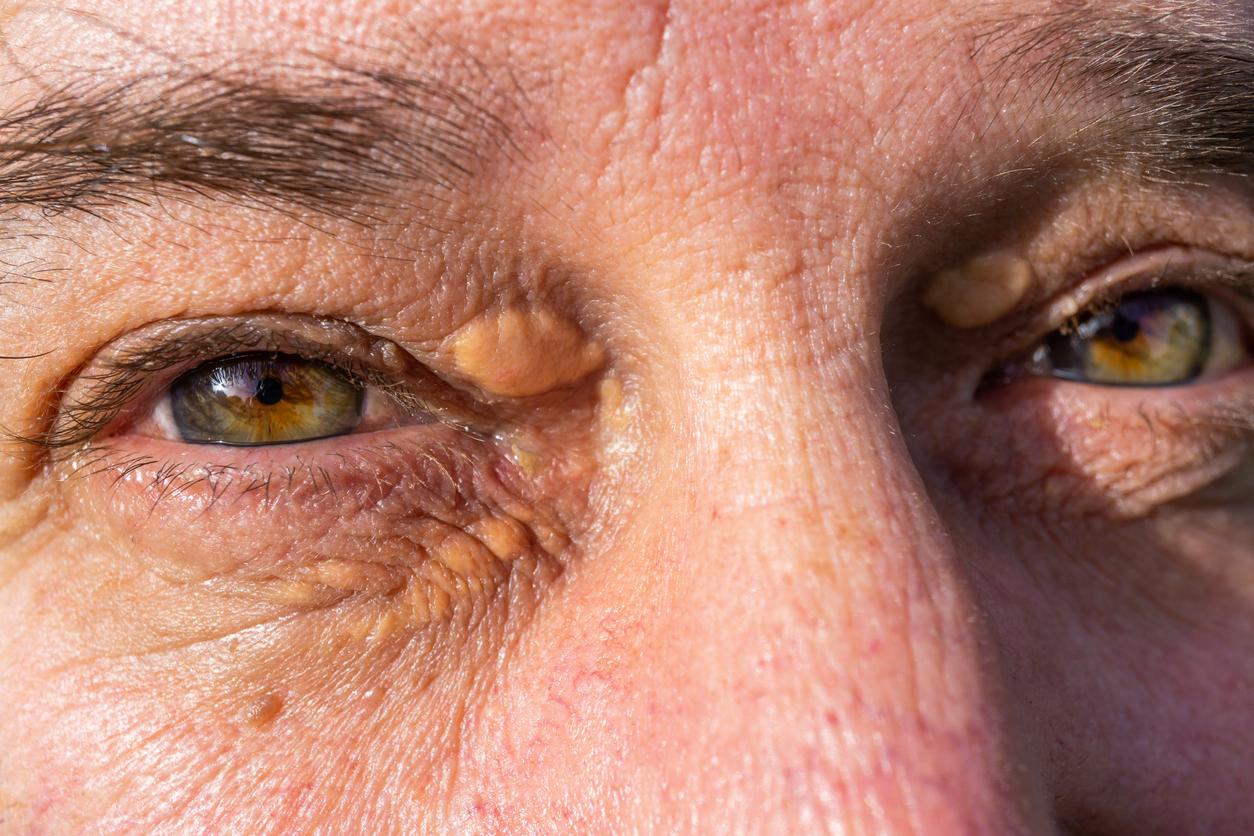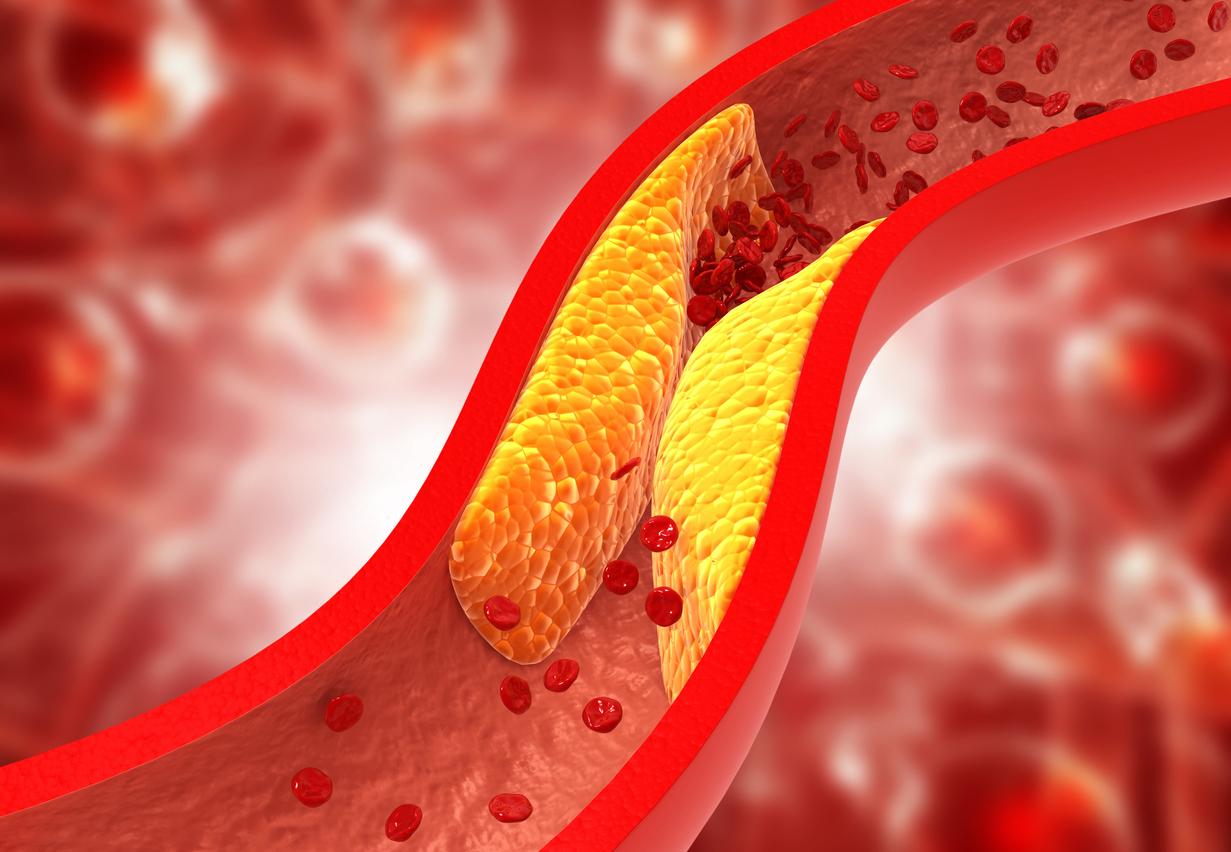After his book “Guide to 4000 drugs, useful, useless or dangerous” which has caused much ink to flow, Prof. Philippe Even throws a new pavement in the pond with his latest book “The truth about cholesterol” which has just been released published by Le Recherches Midi.
Over-prescribed statins
For this trained biochemist and head of the Necker Institute, the benefits of statins are exaggerated. He even affirms, after having analyzed dozens of studies on the subject that the results would have been falsified by putting aside the patients and the results which did not go in the direction sought by the laboratories. “Thirty studies funded by large pharmaceutical companies have attempted to demonstrate the usefulness of” statins “in lowering the cholesterol and reduce cardiovascular complications. None showed any decrease in cardiac mortality by infarction (except the 1st in 1994, contradicted by all the others). “
In reality, according to him, this massive prescription of statins from the 90s was only the result of the maneuvers of the lobbies of the pharmaceutical laboratories for purely financial reasons. “Based on outdated ideas implicating cholesterol in heart disease and under pressure from pharmaceutical industry marketing and misinformation, cardiologists have taken to prescribing statins on tap (regardless of cholesterol levels). ) and in increasingly high doses, to nearly one in two of the over-50s (7 million people in France, twice as many elsewhere!), i.e. an annual expenditure of over 1 billion d ‘euros for nothing,’ protests Prof. Even.
Side effects greater than the benefits
Remember that statins are drugs prescribed to some 5 million French and which act by preventing LDL cholesterol (called “bad cholesterol”) from reaching the arteries by redirecting it to the liver which will eliminate it.
But Prof. Even says that for a decrease in mortality from cardiovascular disorders of only 0.3%, statins cause side effects in 10% of patients. Statins are known to cause various side effects: muscle pain, headache, insomnia, edema, memory problems, incapacity…
A very poor health benefit-risk balance based on these figures. “Statins, which inhibit the synthesis of cholesterol by the liver are able to reduce the rate by 20 to 50% depending on the dose, but this reduction in no way modifies cardiac or cerebral mortality. These molecules are biologically effective, but clinically of no benefit to patients. “
Cholesterol is, for Pr Even, only an indicator and not a risk factor for atherosclerosis, the main cause of the majority of cardiovascular diseases. “Contrary to what was believed in the 1970s, cholesterol does not play any role in arterial disease, myocardial infarction and stroke. It is, along with other fats (fatty acids, triglycerides) , etc.) than a simple tattoo without consequence on the lesions of arterial fibrosis. “
Professor Even admits, however, that taking statins can be attempted in the event of familial hypercholesterolemia which is at high cardiovascular risk. But he asks that they be “absolutely delisted (as they have always been in England). The Cardiology Society must re-examine its position and correct a panurgian drift, which does not honor it.”
From “irresponsibility” according to a pharmaceutical union
The assertions of Professor Even have of course not left indifferent a pharmaceutical union: Leem (drug companies). In a press release, the representatives of this union regret the publication of this book and denounces “the irresponsibility” of Professor Even with regard to patients. “Beyond the untruths with which this book is full, patients are once again instrumentalised by the controversies orchestrated by Philippe Even. By sowing doubt on the dangers of cholesterol and on the usefulness of its medication, the author takes the risk of leading patients to stop the treatments they need on their own. “
The union stresses that “excess cholesterol in the blood has been identified, observation after observation, study after study, as one of the main cardiac risk factors, especially if it is coupled with a diabetes, high blood pressure, overweight and smoking. “And citing the publication of the recent” Cochrane Collaboration “, Leem recalls their findings namely the confirmation of” the effectiveness of statins in reducing stroke in people who do not ‘have never had (so-called “primary” prevention) and to avoid recurrence (so-called “secondary” prevention). “
The debate on the dangers of cholesterol and the usefulness of statins has only just begun …


















